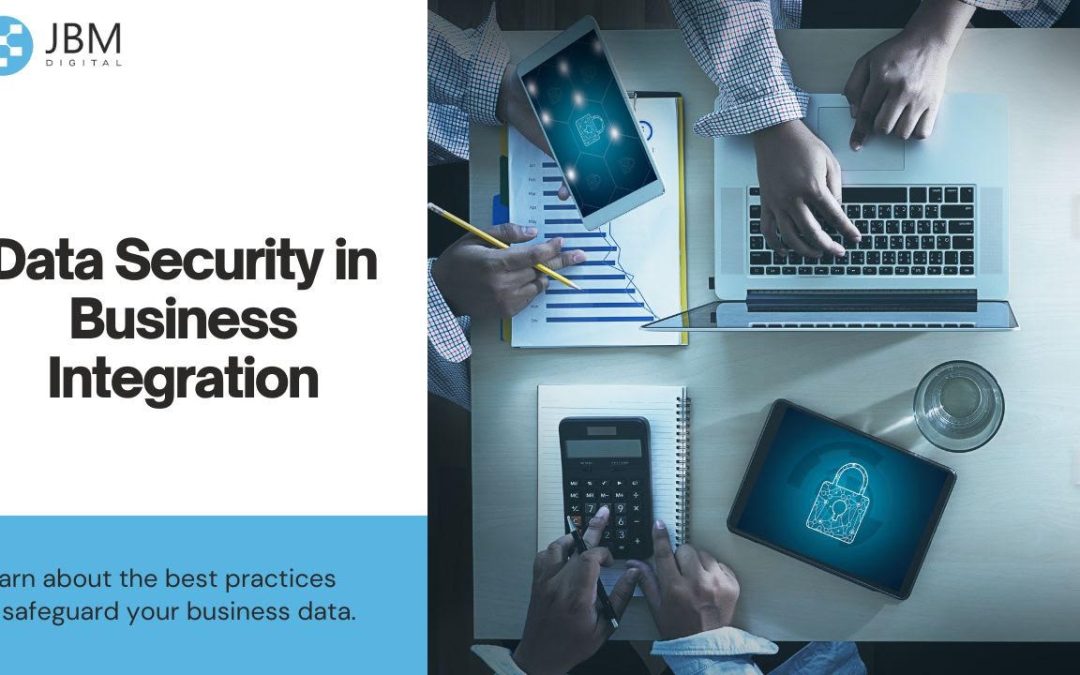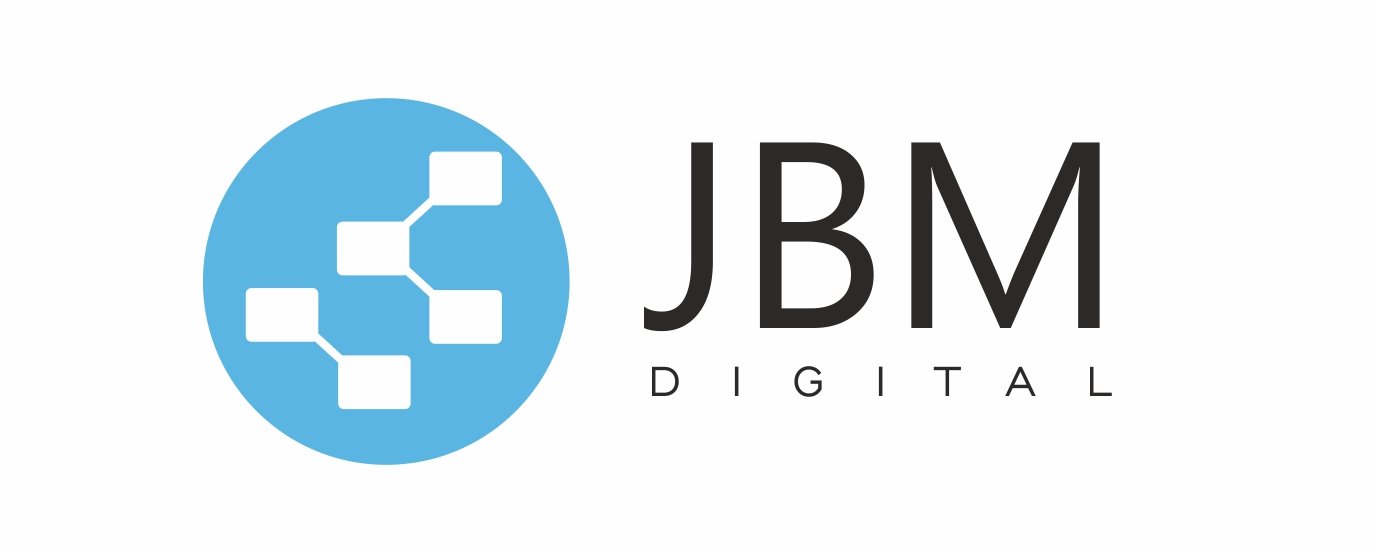
Data Security in Business Integration: Best Practices to Ensure the Safety of Your Information

In today’s digital age, data security has become a top priority for businesses across industries. With the increasing integration of systems and processes, it is crucial to understand the importance of data security in business integration and implement best practices to protect sensitive information. This article will explore common data security threats in business integration and provide actionable tips and strategies to ensure the safety of your data.
Understanding Data Security in Business Integration
Before delving into the best practices for data security in business integration, it is essential to have a clear understanding of what data security entails in this context. Business integration refers to combining different systems, applications, and data sources to streamline operations and enhance efficiency. However, this integration also brings along various security risks that need to be addressed.
Data security in business integration involves safeguarding data confidentiality, integrity, and availability throughout the integration process. It encompasses protecting data from unauthorized access, ensuring data accuracy and consistency, and guaranteeing data availability when needed. By implementing robust data security measures, businesses can mitigate risks and protect their valuable information.
The Importance of Data Security in Business Integration
Data security is of paramount importance in business integration due to several reasons. Firstly, businesses deal with a vast amount of sensitive and confidential information, including customer data, financial records, and proprietary information. Any breach of this data can have severe consequences, including financial loss, reputational damage, and legal implications.
Secondly, business integration often involves the exchange of data with external partners, suppliers, and customers. This sharing of data increases the risk of unauthorized access and data leakage. By prioritizing data security, businesses can ensure the trust and confidence of their stakeholders, enhancing their reputation and fostering strong relationships.
Lastly, compliance with data protection regulations is crucial for businesses operating in today’s regulatory landscape. Non-compliance can result in hefty fines and penalties. By implementing rigorous data security practices, businesses can meet regulatory requirements and demonstrate their commitment to protecting sensitive information.
Common Data Security Threats in Business Integration
As businesses integrate their systems and processes, they become susceptible to various data security threats. It is vital to be aware of these threats to mitigate them effectively. Here are some common data security threats in business integration:
1. Unauthorized Access

Photo by Mati Mango from Pexels
Unauthorized access refers to the breach of data by individuals who do not have the necessary permissions or credentials. This can occur due to weak authentication mechanisms, compromised user accounts, or inadequate access controls. Unauthorized access can result in data theft, manipulation, or destruction.
2. Data Leakage
Data leakage is the unauthorized release of confidential or sensitive data to an external party. This can happen through accidental exposure, intentional data breaches, or insider threats. Data leakage can have severe consequences, including financial loss, reputational damage, and regulatory non-compliance.
3. Malware and Cyber Attacks
Malware and cyber attacks pose a significant threat to data security in business integration. Malicious software, such as viruses, ransomware, and trojans, can infiltrate systems and compromise data integrity and confidentiality. Cyber attacks, including phishing, social engineering, and DDoS attacks, can exploit vulnerabilities and gain unauthorized access to sensitive information.
Best Practices for Ensuring Data Security in Business Integration
To safeguard your data during the business integration process, it is crucial to implement best practices for data security. These practices will help mitigate risks and ensure the safety of your information. Here are some key best practices to consider:
1. Implementing Secure Data Transfer Protocols
One of the fundamental aspects of data security in business integration is secure data transfer. Implementing secure protocols, such as HTTPS, SFTP, or FTPS, ensures that data is encrypted during transit and protected from interception or tampering. It is also important to regularly update and patch these protocols to address any vulnerabilities.
2. Role-Based Access Control and Data Security
Role-based access control (RBAC) is an effective strategy for ensuring data security in business integration. By assigning specific roles and permissions to users, businesses can control access to sensitive data and prevent unauthorized access. Implementing RBAC helps enforce the principle of least privilege and minimizes the risk of data breaches.
3. Regular Data Security Audits and Assessments
Regular data security audits and assessments are essential to identify vulnerabilities and weaknesses in your business integration processes. Conducting these audits allows you to evaluate the effectiveness of your data security measures and implement necessary improvements. It is recommended to engage third-party auditors or security experts to provide an unbiased assessment.
4. Encryption and Data Masking
Encryption is a powerful technique to protect sensitive data in business integration. By encrypting data at rest and in transit, businesses can ensure that even if it falls into the wrong hands, it remains unreadable and unusable. Additionally, data masking techniques can be employed to replace sensitive data with fictitious or obfuscated values, further protecting the confidentiality of information.
5. Data Breach Response and Incident Management
Despite the best preventive measures, data breaches can still occur. It is crucial to have a robust data breach response and incident management plan in place. This plan should outline the steps to be taken in the event of a data breach, including containment, investigation, notification, and recovery. Regularly testing and updating this plan will ensure an effective response in case of a security incident.
Conclusion: Taking Proactive Measures for Data Security in Business Integration
In conclusion, data security is a critical aspect of business integration that should not be overlooked. By understanding the importance of data security, identifying common threats, and implementing best practices, businesses can protect their valuable information and maintain the trust of their stakeholders. Taking proactive measures, such as implementing secure data transfer protocols, role-based access control, regular audits, encryption, and incident management, will ensure the safety of your data throughout the integration process. Remember, data security is an ongoing effort that requires continuous evaluation and improvement to stay ahead of evolving threats. By prioritizing data security, businesses can mitigate risks and thrive in today’s interconnected world.
CTA: Contact us today to optimize your business and improve your business’s efficiency.

Recent Comments